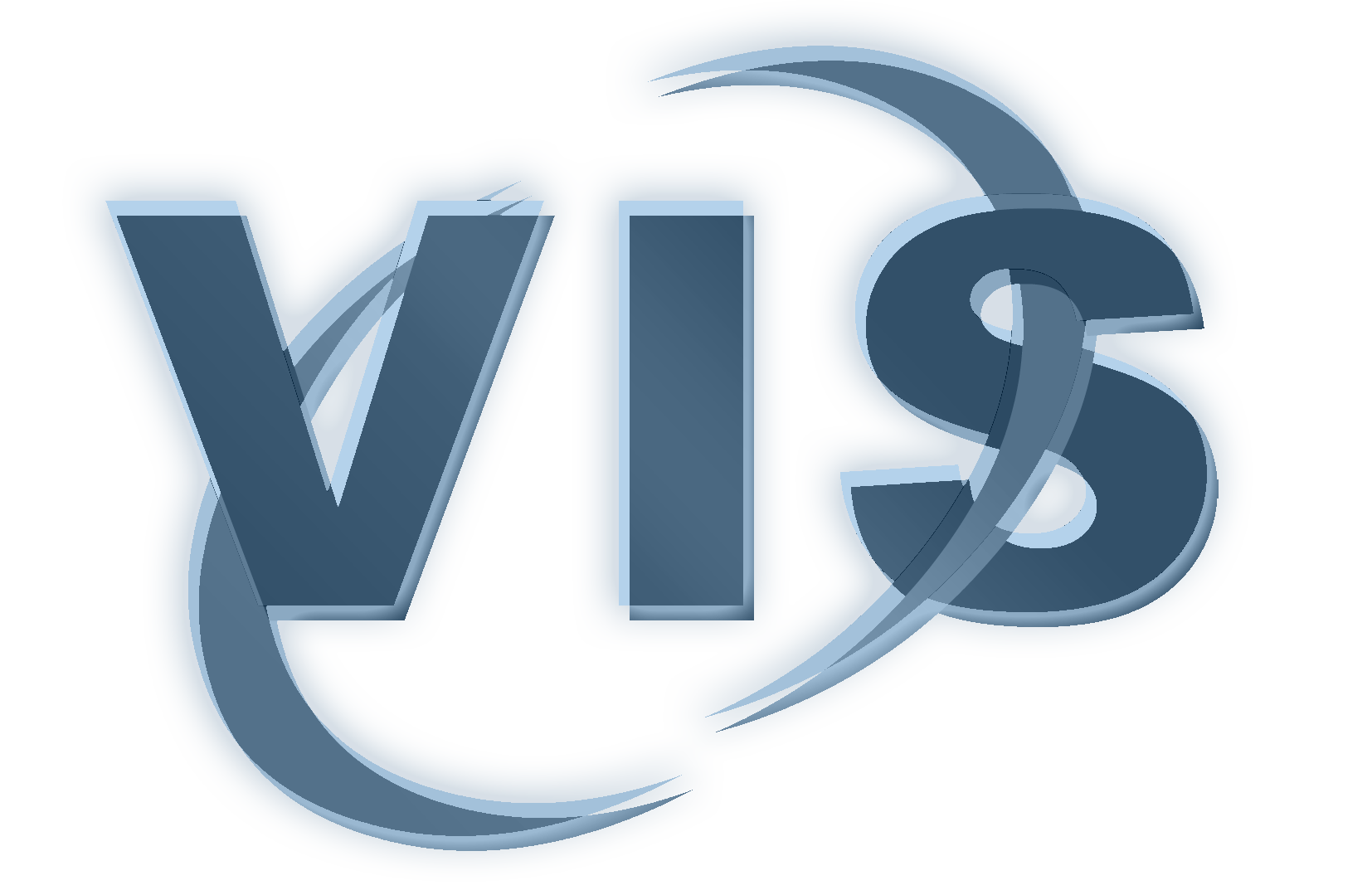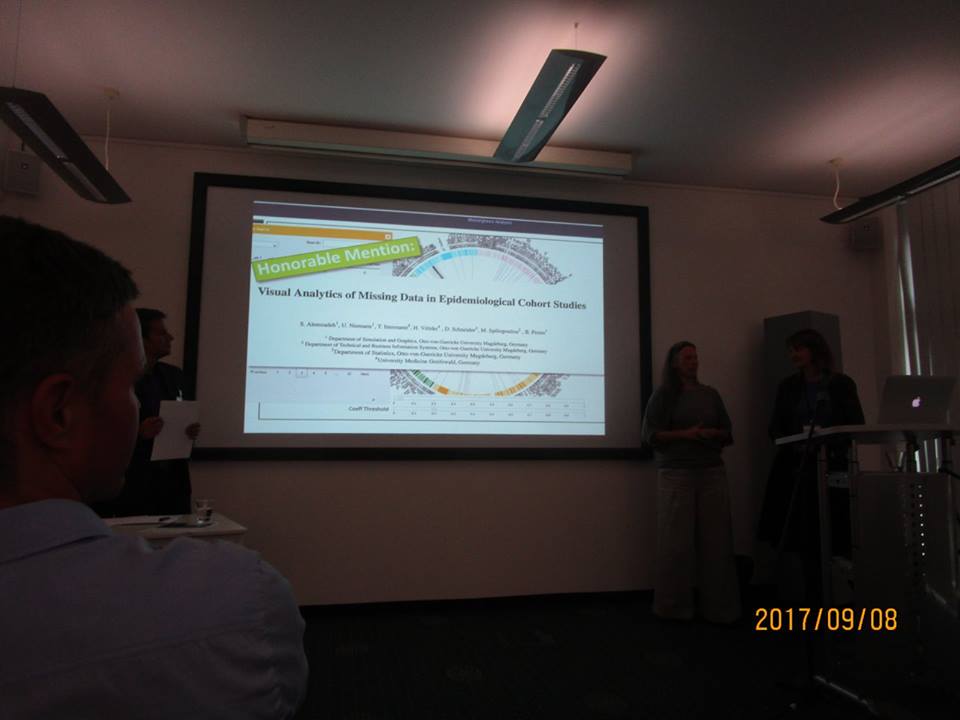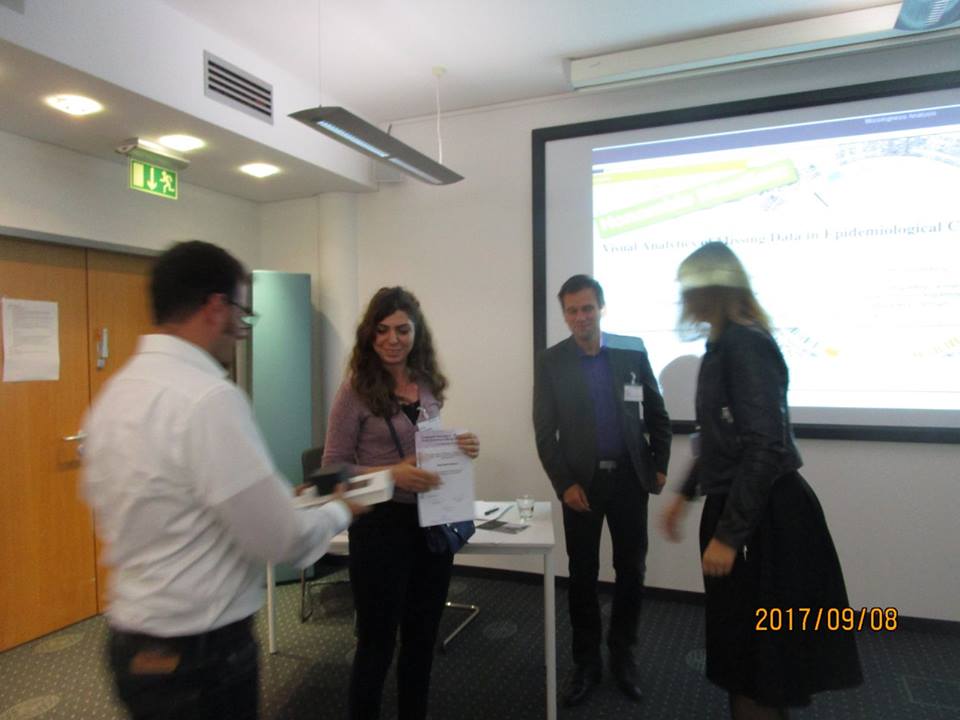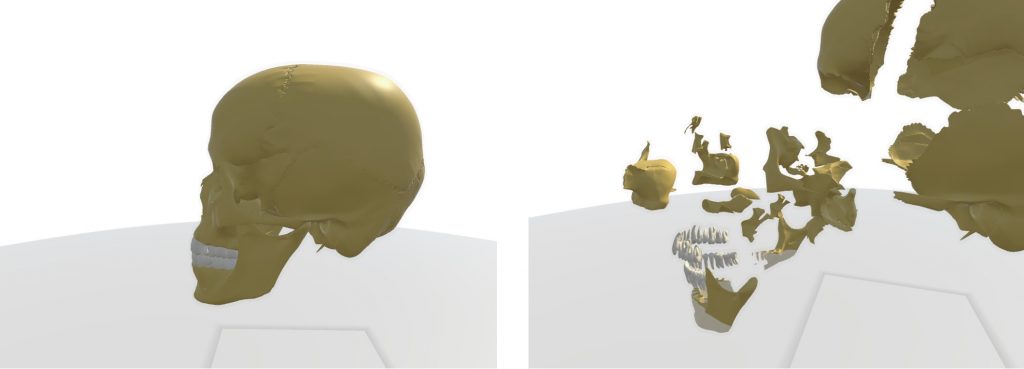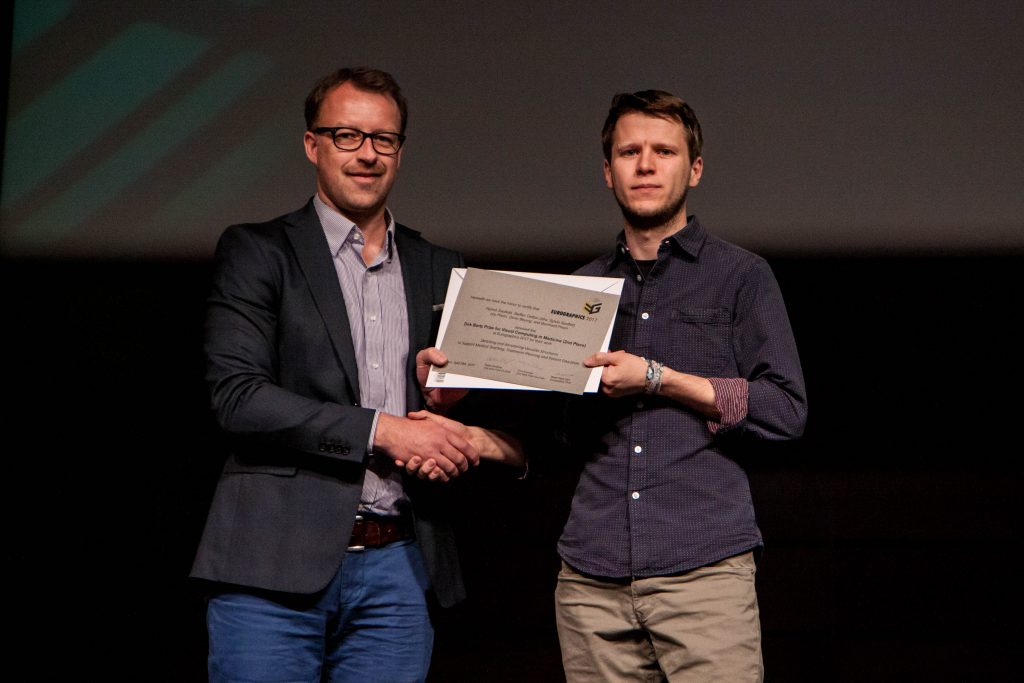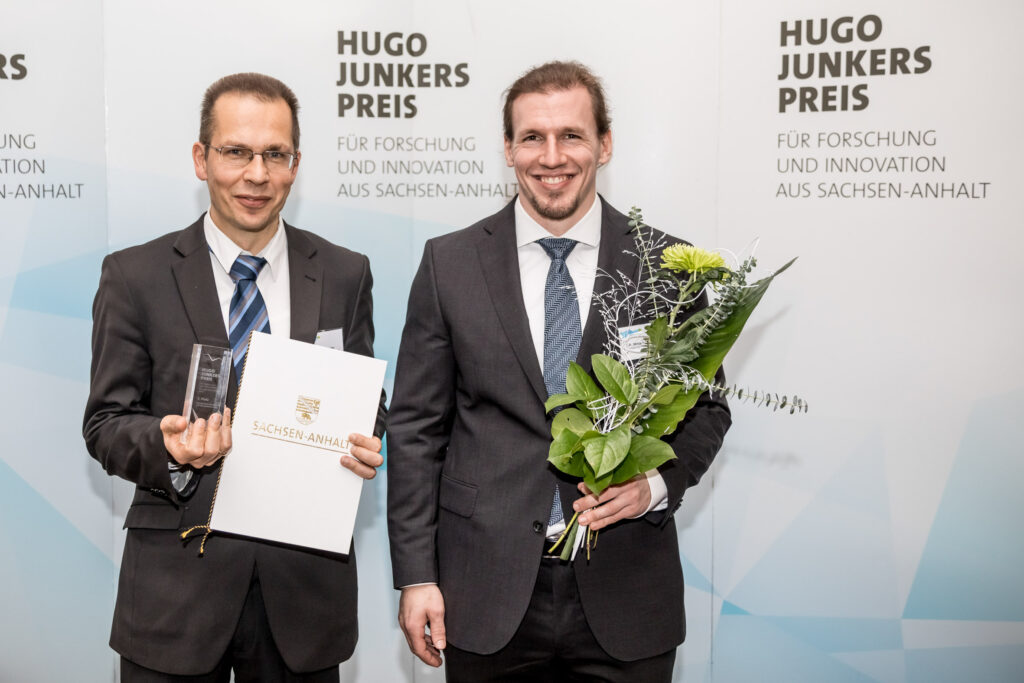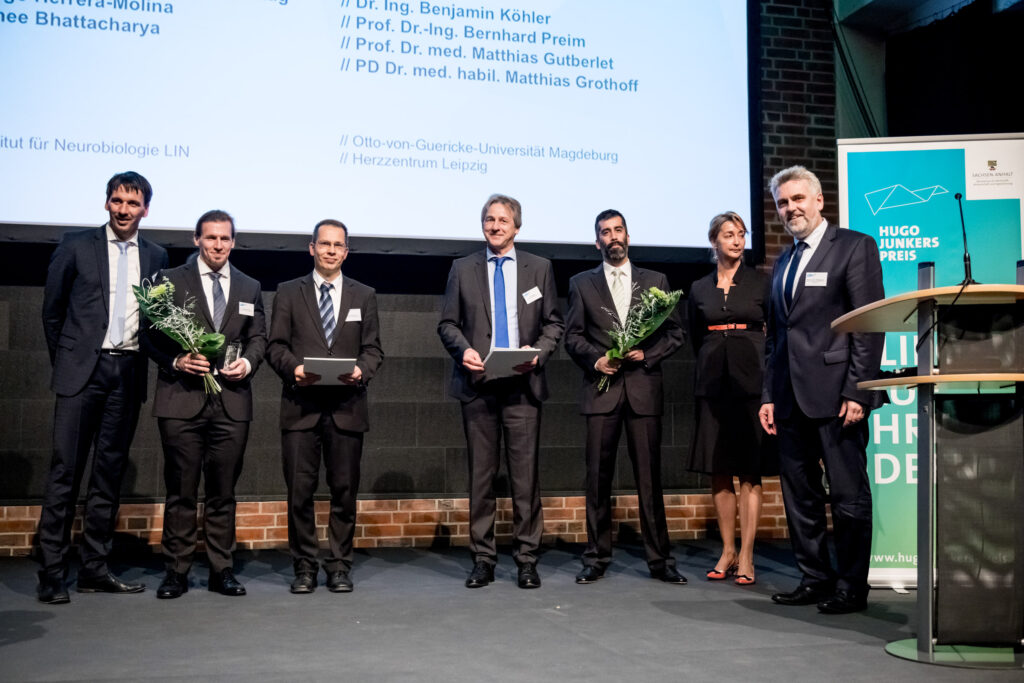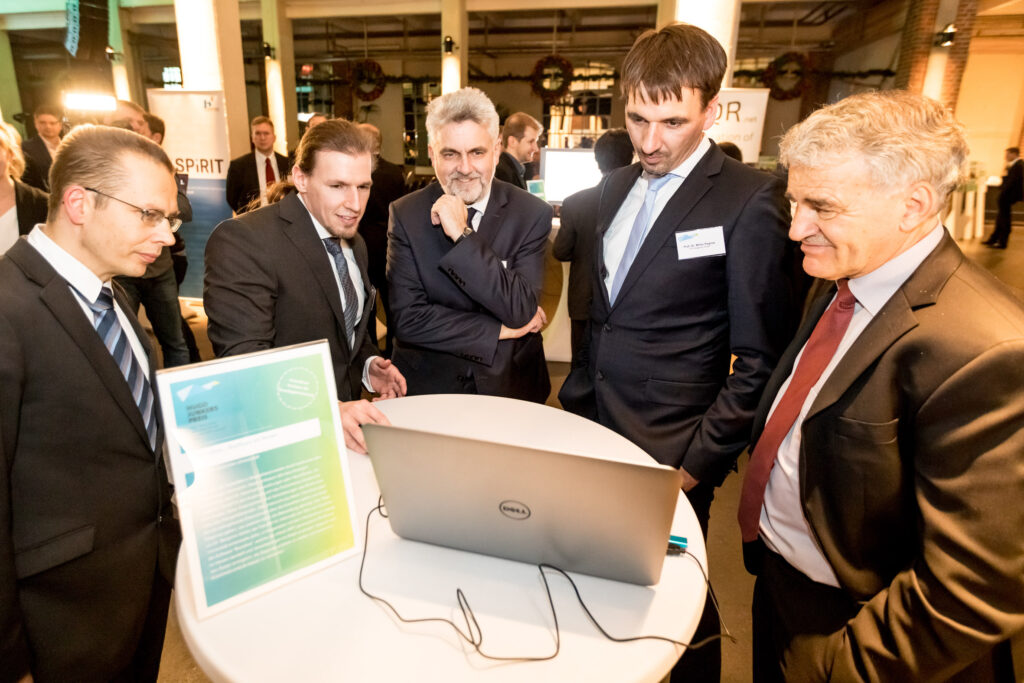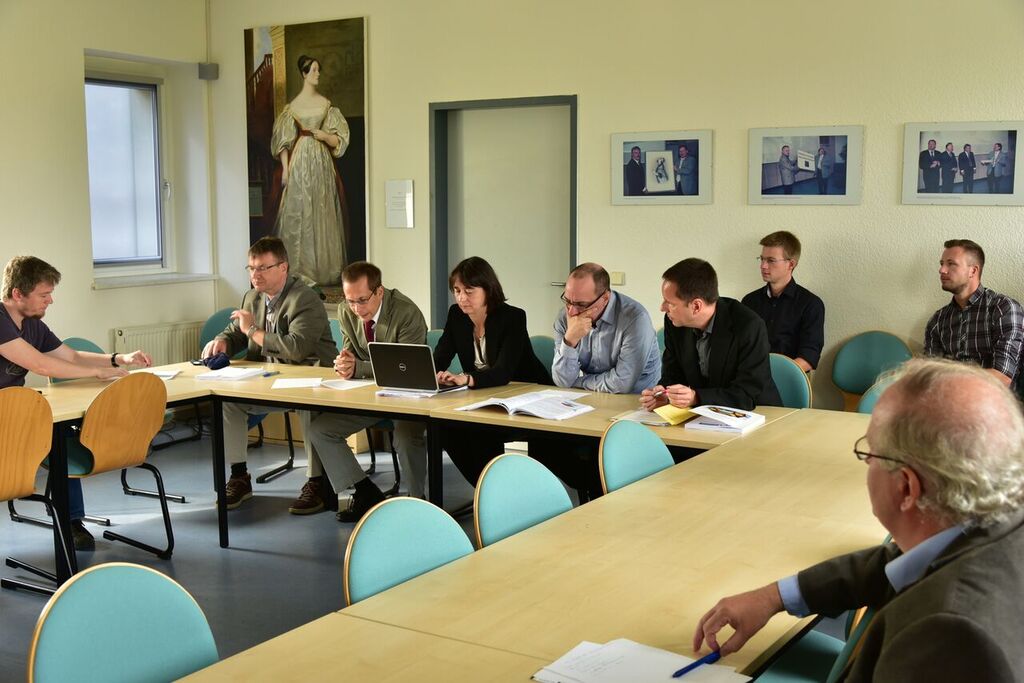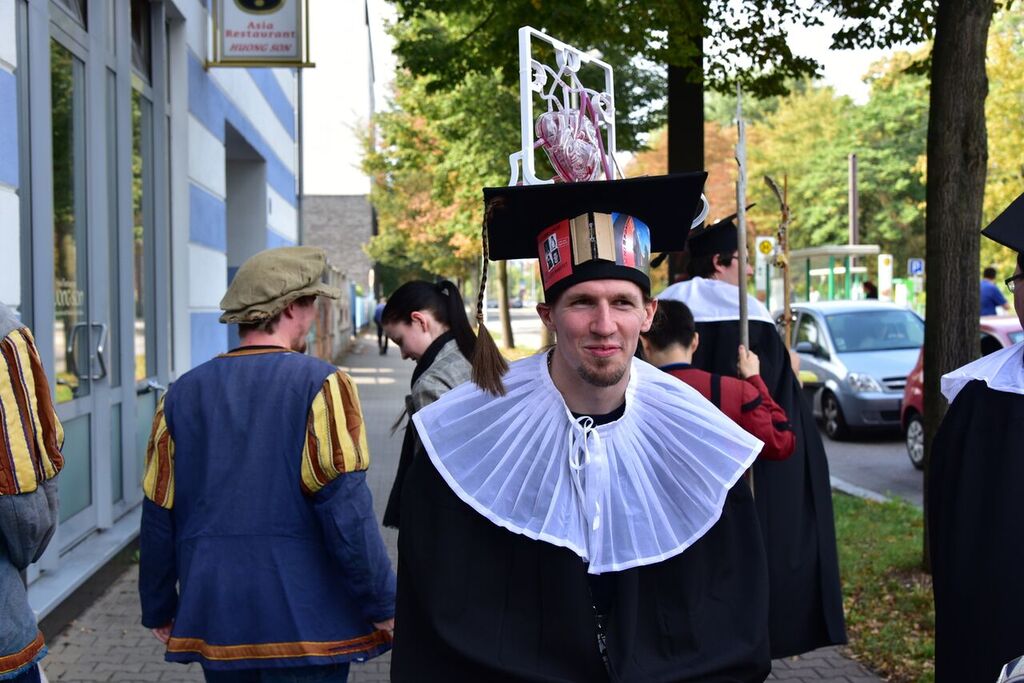Honorable Mention Award
Shiva Alemzadeh got an honorable mention award at the VCBM Workshop in Bremen for her work on „Visual Analytics of Missing Data in Epidemiological Cohort Study Data“. This is joint work with KMD group and the epidemiologists from the university of Greifswald. The award is combined with an invitation to submit an extended version to the „Computer Graphics Forum“.
